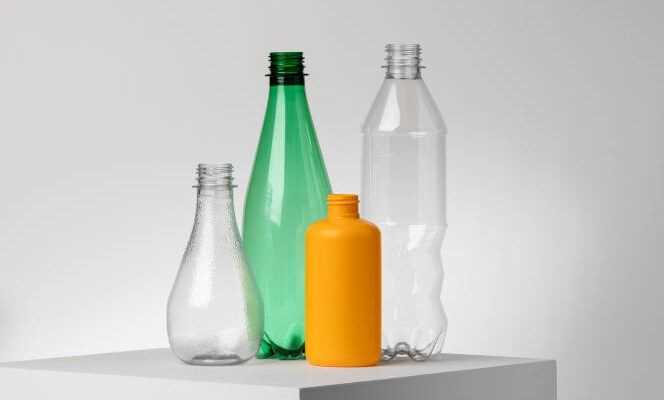A dozen plastic water bottles to make a fleece jacket: this is one of the usual outlets for recycling polyethylene terephthalate (PET, a variety of transparent plastic) today. It is also the end of the cycle, the used fleece being destined for the landfill or the incinerator. But tomorrow, with an old fleece, we can again make twelve bottles of water. This revolution – the possibility of endless recycling of PET – is made possible thanks to an enzymatic process developed by the company Carbios. Tomorrow is very precisely in September. Carbios must start an industrial demonstrator on the site of a former Michelin factory in Clermont-Ferrand. “We will demonstrate that our technology is capable of operating on an industrial scale”, rejoices Martin Stephan, Deputy CEO of Carbios.
For Mr. Stephan, success is beyond doubt. At the end of June, a consortium made up of Carbios, L’Oréal, Nestlé Waters, PepsiCo and Suntory Beverage & Food Europe presented the first food-grade bottles obtained from enzymatic recycling. “A world first”, welcomed the consortium. Until now, recycled PET has been obtained by crushing the packaging and transforming it into flakes. But, according to Carbios, “Due to the repetition of conventional thermomechanical processes, the plastic used for packaging degrades over time, and maintaining quality requires the manufacture of new virgin petroleum plastic”.
“It’s not really recycling, but rather a reuse of the material, says Stephan. On the contrary, enzymatic recycling makes it possible to deconstruct the PET and find the two basic monomers, which are then used to produce a new PET. ” The advantage of the process is twofold: first to find a product of a quality equivalent to that of virgin plastic and, then, to bring PET into a circular economy logic and to cut the cord with oil.
The prospects are immense
It took Carbios ten years to optimize an enzyme which in nature contributes to the degradation of plants and to develop its industrial process. Things will now speed up. “From mid-2022, we will be able to grant licenses to PET producers”, explains Mr. Stephan.
You have 59.68% of this article to read. The rest is for subscribers only.
